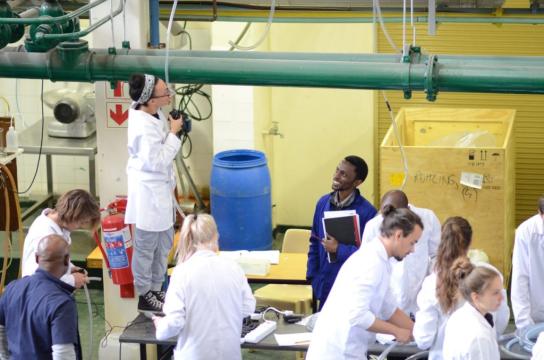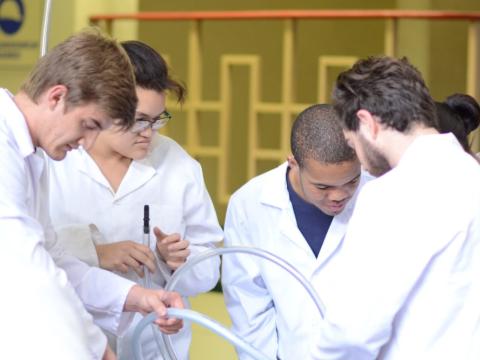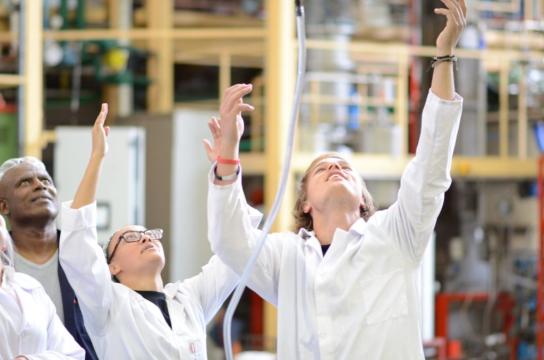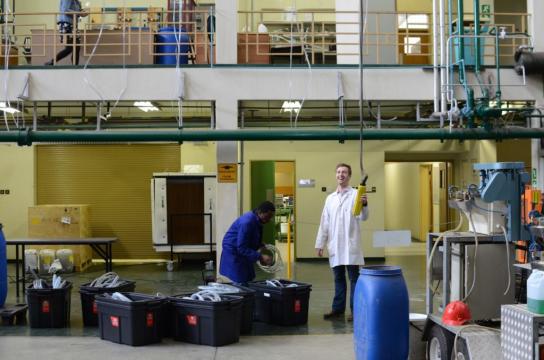Education Philosophy
Stellenbosch University’s Chemical Engineering programme builds a robust foundation for student success. Our four-year bachelor’s degree prepares graduates for diverse roles as practicing chemical engineers and societal problem-solvers. We emphasise the development of knowledge, skills, and a strong ethical framework for lifelong learning and professional growth. The programme aims to cultivate graduates who excel in leveraging chemical engineering principles and a problem-solving mindset for rewarding professional careers.
Our dedicated lecturers foster a dynamic learning environment that promotes active engagement and student excellence. Aligned with the Council for Higher Education’s core principles, our curriculum begins with a strong emphasis on foundational sciences, essential skills, and fundamental mathematics. As students progress, the focus shifts towards engineering sciences, design, and practical applications – equipping them with the tools to solve real-world engineering challenges. Enrichment extends to essential literacies, such as programming, engineering drawing, effective communication, and interpersonal skills.
Ultimately, our goal is to develop skilled engineers who contribute positively to our world – implementing impactful advancements through rigorous science and pioneering engineering solutions to global challenges.
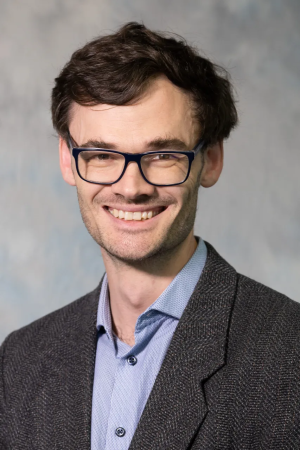
I aim to foster mathematical skills which enable, scientific curiosity which drives, and an identity which provides access to independent lifelong learning.
Tobi Louw
Associate Professor
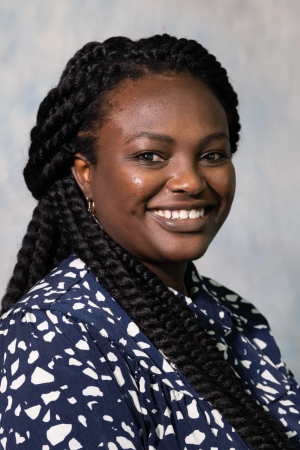
It might be your degree but we’re on this road together, let’s talk about it.
Margreth Tadie
Senior Lecturer
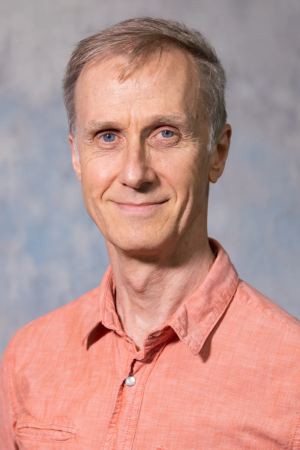
Every single time I walk into the classroom I ask myself what I need to do to give every student the best chance of mastering the skills they will need to achieve their career goals.
Steven Bradshaw
Distinguished Professor
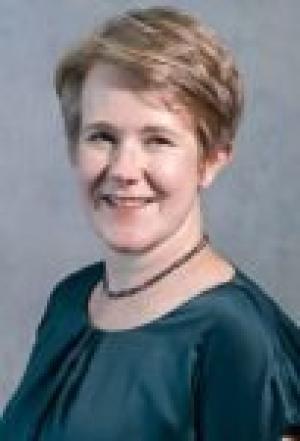
I envision producing graduates that are able use their understanding of chemical engineering fundamental and principles to critically analyse, relate to and solve complex chemical problems.
Cara Schwarz
Professor
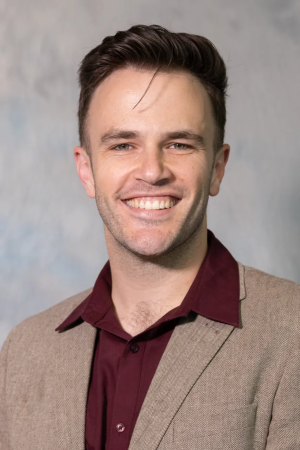
Real understanding comes from linking the conceptual to the physical, so I always encourage my students to “think physically” and have a mental picture of the process when solving problems.
Jamie Cripwell
Senior Lecturer
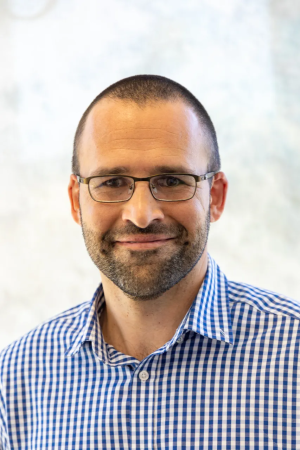
I aim to challenge students to develop not only technical skills related to problem solving, critical thinking and independent learning, but also skills and attributes required for effective functioning as engineers in a professional working environment and in the society as a whole.
Christie Dorfling
Professor
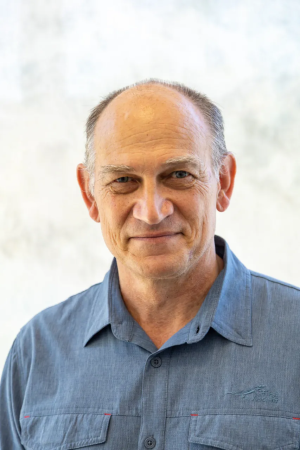
Taking responsibility is ultimate freedom.
André Burger
Professor
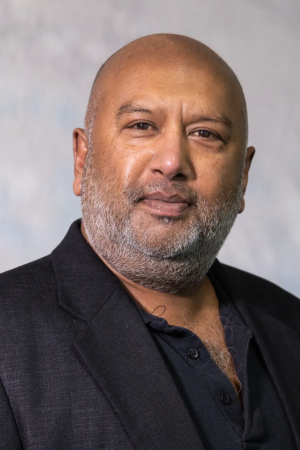
I don’t teach; I guide students on how to think critically, as they will gain Knowledge for Life.
Lingam Pillay
Associate Professor
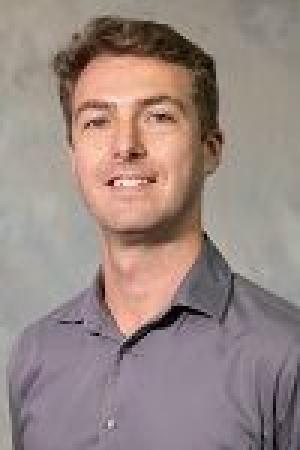
I hope to help educate young engineers who relish a challenge, and pull from a deep well of skills, experiences, ideas and knowledge to solve (often real-world) problems in new and differing contexts, for the improvement of our world.
Robbie Pott
Professor
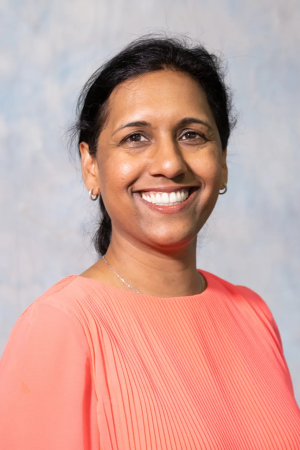
“For things to change, I need to change. For things to get better, we need to get better.” – Jim Rohn. I enjoy change and being adaptable; I am passionate about transforming the way we live, work, learn and apply.
Prathieka Naidoo
Professor
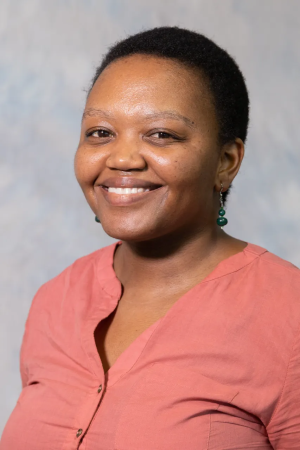
I aim to create learning environments where students feel free to consider multiple problem-solving approaches and are not afraid to ask what if…?
Neo Motang
Junior lecturer
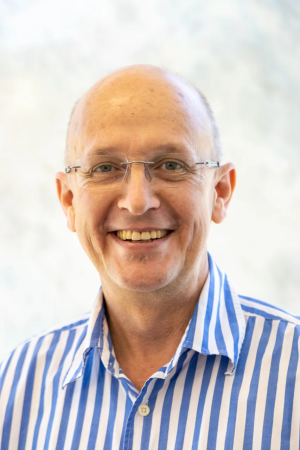
My teaching philosophy has an emphasis on enthusiasm, participation and engagement, where a bridge is formed between two distinct disciplines (biology and engineering), which is achieved using case studies and practicals as teaching and engagement tools to achieve cumulative learning to a high level...
Eugene van Rensburg
Associate Professor
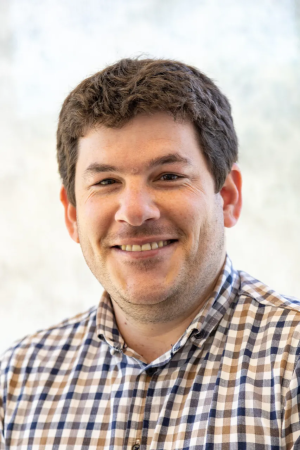
My goal is to instill a sense of enthusiasm, curiosity, and interest in the subject matter in my students, by creating an engaging, thought-provoking environment based on tangible (often very simple) real-world examples.
Petrie van Wyk
Lecturer
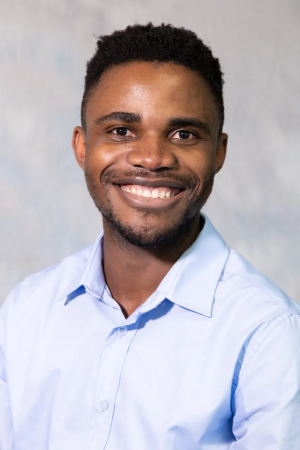
I believe that learning is a continuous journey. Thus, every time I engage with my students, I aim to take us on a journey of discovery, understanding, and learning through critically engaging with engineering concepts and real-life problems. The goal is to produce great engineers, who will...
Zwonaka Mapholi
Junior Lecturer
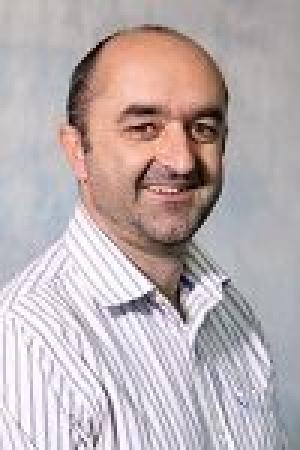
I teach people to teach themselves and aim to foster lifelong learning.
Neill Goosen
Associate Professor
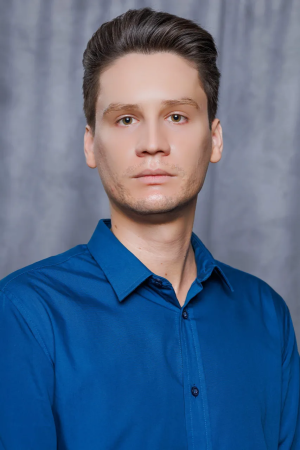
Embracing the journey of deepening understanding leads to the discovery of invaluable insights that enrich our perspectives and fuel personal growth.
Marno Basson
Junior Lecturer
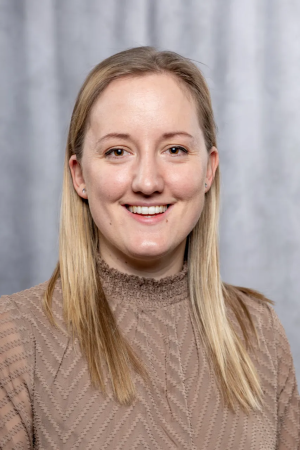
My aim is to foster curiosity, so that graduates will ask the right questions, and have sufficient knowledge and skills to find the answers.
Mieke Nieder-Heitmann
Lecturer
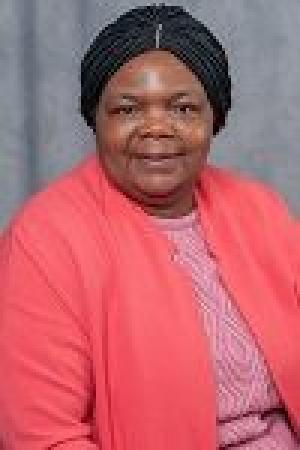
When students leave my class, I want them to understand that the knowledge gained is not just for passing exams but for making a difference in society; therefore, I teach them to think beyond the classroom.
Annie Chimphango
Associate Professor
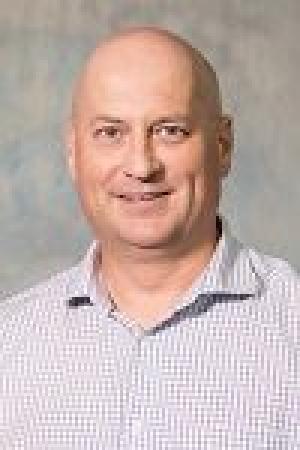
I believe that learning by doing in a dynamic environment builds independent skills and confidence.
Johann Görgens
Distinguished Professor
Celebrating excellence: Staff awards and achievements
| Chancellor’s award for sustained excellence in research, innovation, learning and teaching, social impact or professional services | Faculty award for Teaching Excellence | Faculty award for the Emerging Researcher of the Year | Faculty award for Lecturer of the Year |
| Prof Steven Bradshaw 2022 | Dr Margreth Tadie 2023 | Dr Margreth Tadie 2023 | Prof Steven Bradshaw 2016 |
| Prof Johann Görgens 2020 | Mr Petrie van Wyk 2022 | Prof Robbie Pott 2022 | Prof André Burger 2015 |
| Prof André Burger 2019 | Prof Eugene van Rensburg 2021 | Prof Annie Chimphango 2019 | |
| Prof Hansie Knoetze 2014 | Prof Tobi Louw 2020 | Prof Tobi Louw 2018 | |
| Prof Neill Goosen 2017 |
Scholarly teaching and learning
In our commitment to advancing teaching and learning, our lecturers frequently publish articles in peer-reviewed journals and present papers on engineering education at conferences. The following collection highlights their contributions.
A control system framework for reflective practice (2018). Written by Lidia Auret & Karin Wolff
Using an informal competitive practical to stimulate links between the theoretical and practical in fluid mechanics: a case study in non-assessment driven learning approaches (2017). Written by Robert Pott, Karin Wolff & Neill Goosen

